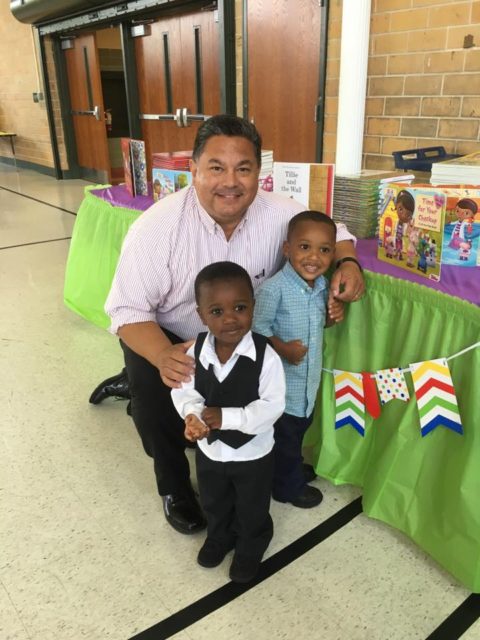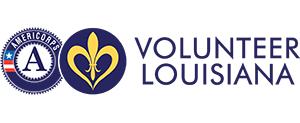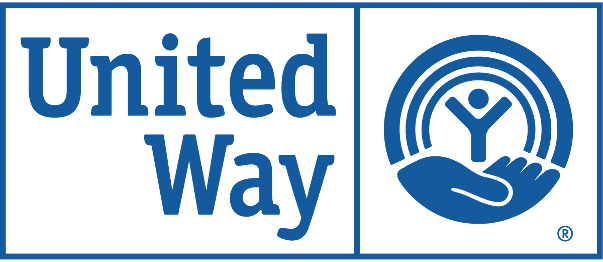Posted by Martin Gutierrez, Division Director | June 2016 |
37 years ago, on June 26, 1979, my family and I had to turn a page and start writing the next chapter in our lives. Within the next weeks, months and years, tens of thousands of Nicaraguans had to do the same. My dad, mom, brother, sister and I were among those tens of thousands. This is a long, complex story, but I will attempt to give just a glimpse of it in light of what is now going on around the world and in our country.
All Nicaraguans suffered the consequences of a civil war in the 1970s. In May/June 1979, we received threats that our home was on the “black list.” My dad served in the Nicaraguan Army, and at that time he was a colonel.
After consulting with others, we decided that my mom, brother, sister and I would go spend some time at my aunt’s house located outside of Managua, the capital city where we lived. My dad was not with us. He was fulfilling his duties as an officer in the armed forces.
In late June, my aunt and those staying with her received additional death threats. At that point, my mom and dad decided it was a good idea – I am glad they thought of this – to go on a vacation to visit my cousins in St. Bernard Parish in Louisiana.
We were blessed to have tourist visas on hand and the resources at the time to get on a plane and start our “vacation.” We arrived in St. Bernard on July 1, 1979, after spending a couple of days in Miami.
My dad stayed in Nicaragua. He was spending a lot of time in the Nicaraguan southern region. We all assumed we would be back home in two to three weeks when “things calmed down.”
An extended vacation
Later in July, my dad had to come to the United States on a work-related trip. He stopped by New Orleans to visit us. He explained that things didn’t look good in Nicaragua, and that our vacation might extend for a little while. Dad told us that he was in the U.S. for just a few days and that he had to go back to Nicaragua.
Sometime around the middle of July, my dad called his boss in Nicaragua and explained to him that he was finished with what he needed to do in the U.S. and was ready to go back. His boss instructed him to stay where he was until further orders. I will always be grateful to his boss for giving those orders.
On July 17, the president of Nicaragua resigned and left the country. The other side in the conflict took over the government on July 19. Going back to Nicaragua for my dad would have resulted in him being killed or, at the very least, being placed in prison.

Martin with two of this year’s Head Start students
Who knows what our lives would have been like if we had returned to Managua?
Very quickly and unexpectedly, one chapter closed and another one opened for my family and most Nicaraguans. Dad ended up going to Miami for one year, and we stayed in St. Bernard. Our tourist visas were valid only for a short time. My parents decided that we would apply for asylum, and this process took a long time.
It is important to know that the only benefit we received when we applied for asylum was authorization to work and my being able to go to public school. Our relatives and new friends provided great support.
Soon my mom (with basically no English) started working at Schwegmann’s super market as a bagger. She moved up to cashier and later became cashier supervisor. My dad worked in the maritime industry. He spoke enough English, since he had spent 13 years as a merchant marine officer and had visited the U.S. often.
Grateful for welcoming
So, I went from being a tourist to someone who was exiled to asylee to legal resident and later to American citizen. I will always be grateful to the U.S. government for giving my parents the opportunity to prove their case and gain asylum. I recognize that I entered the country legally. But I also realize that it would have been very easy for us to become illegals (I prefer the term undocumented) if our visa would have expired before we applied for asylum.
My family’s story is repeated thousands of times every year. Refugees and immigrants are forced to flee their home countries for several different reasons. Many come to the United States. Their plight is a major crisis in a very complex world. The root causes that push these families to leave their countries and the forces that pull them to come to the U.S. must be dealt with. This will not happen overnight. In the meantime, we have to deal with this situation in a fair, humane and just manner.
I am sure that if my kids’ lives were in danger, I would go to extreme measures to protect them.






